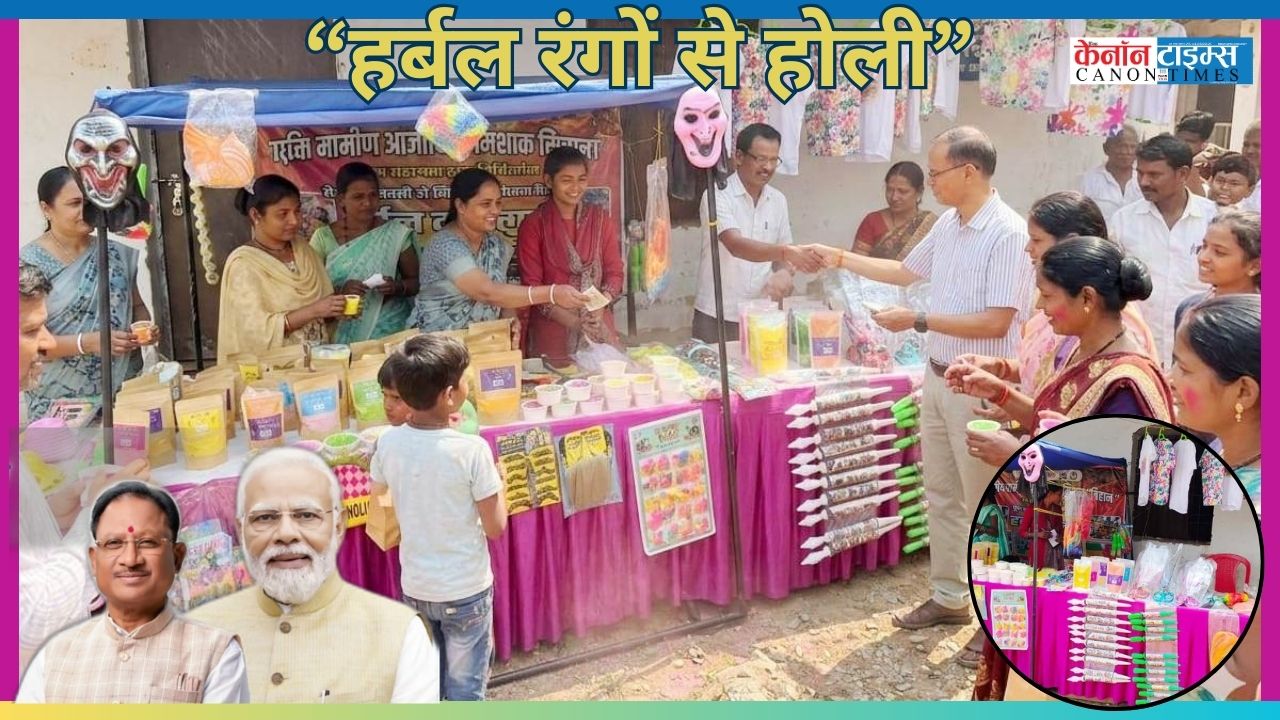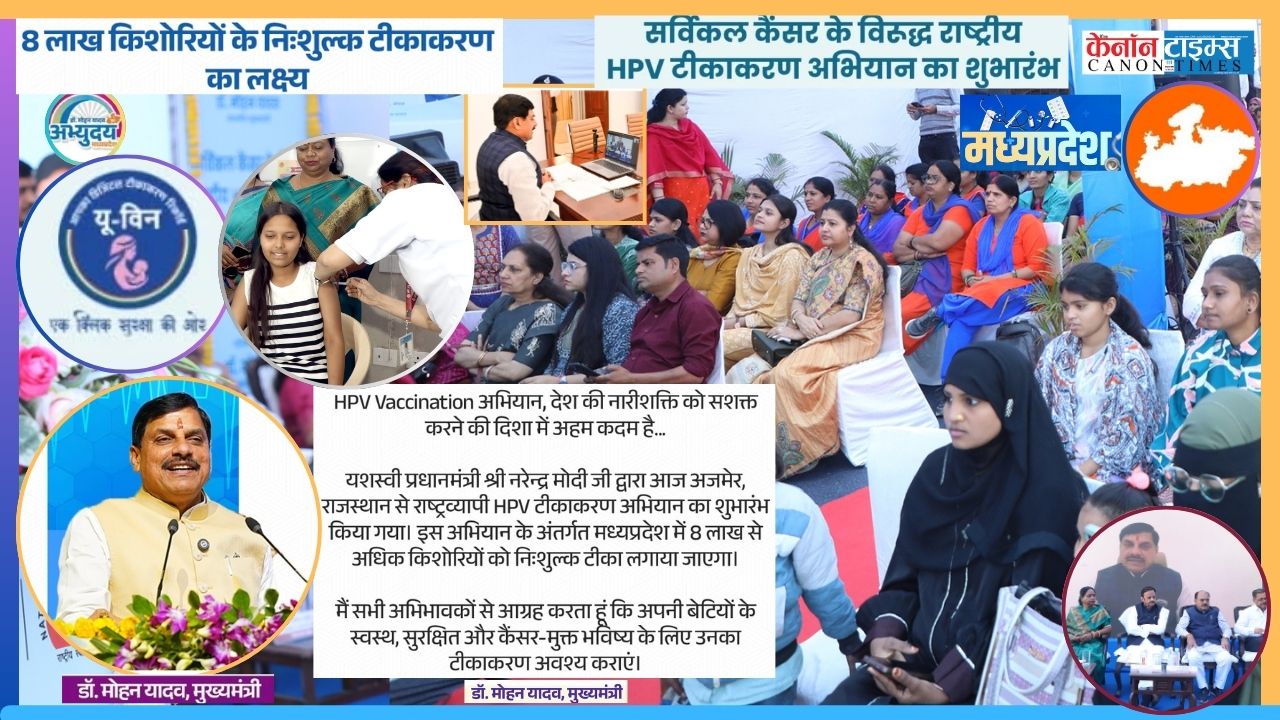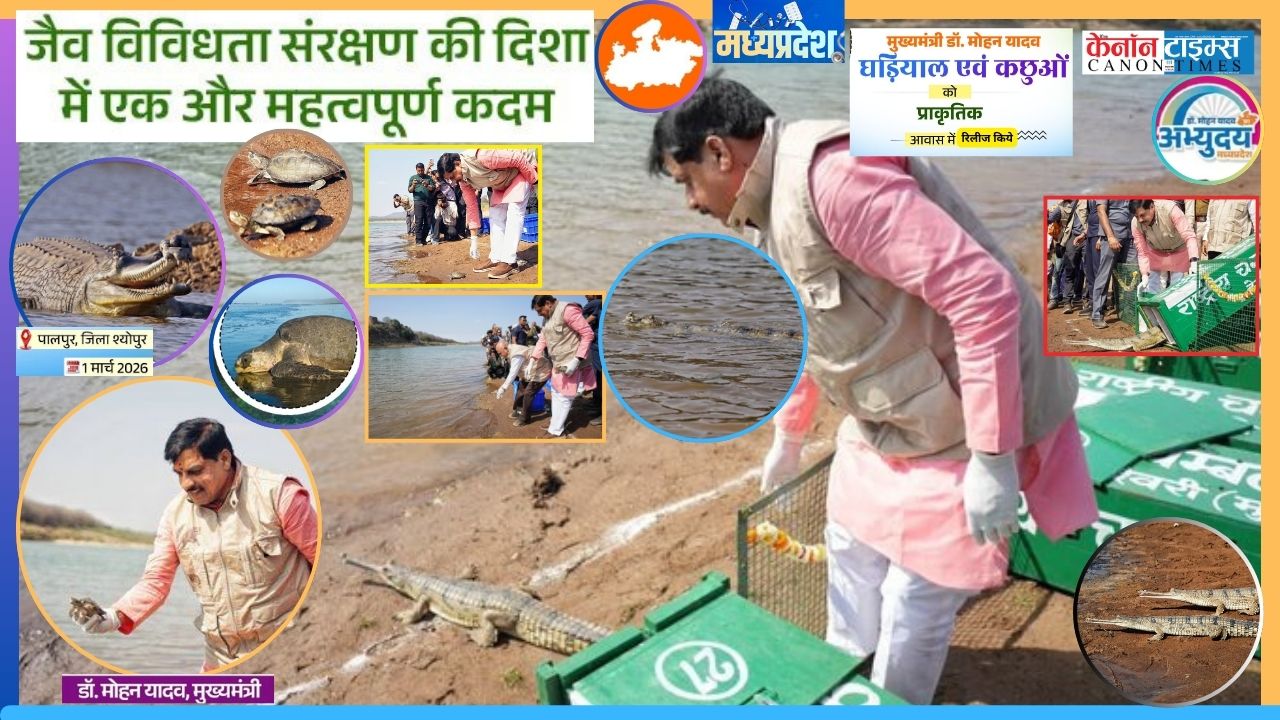Many of the twists in changing political alliances throughout the democratic globe could be explained by the proverb that states there are no permanent friends or foes, only permanent interests in politics. However, that would only be an understatement in Nepali politics, where forming coalitions has long been a joke.
Expectedly, on Saturday, Pushpa Kamal Dahal, the Prime Minister of Nepal and member of the Communist Party of Nepal (Maoist Centre), lost a vote of confidence in the House of Representatives, with only 63 out of the 275 members voting in favour of him and 194 voting against the motion of confidence.
Following the withdrawal of support from the CPN(MC)-led government and the alliance with the opposition Nepali Congress, led by Sher Bahadur Deuba, the Communist Party of Nepal (United Marxist-Leninist), headed by Khadka Prasad Oli (who was reappointed as Prime Minister), was certain to lose. After surviving three trust votes, all of which were brought about by his choice to switch partners, Mr. Dahal was able to maintain his position for over two years. After the elections in November 2022, the CPN(MC) succeeded to create the government by taking advantage of the differences between the Deuba-led NC and the Oli-led CPN (UML), despite finishing in a distant third place. Mr. Dahal was the driving force behind this success.
With Mr. Oli and Mr. Deuba splitting the role of prime minister for the remaining half of each party’s tenure, these two parties, which won 89 and 78 seats in 2022, respectively, have now formed a coalition government.
Nepal’s democratic polity has been characterised by instability and frequent changes of power, resulting in inadequate governance, ever since the country moved from an absolute monarchy to a constitutional one in 1990 and then to a full-fledged republic in 2008. After a civil war and the collapse of the monarchy, the country’s ranking as a “least developed country” was maintained despite the implementation of constitutional revisions pertaining to federalism and guaranteed representation for marginalised forces.
It is clear that the three major parties’ leaderships are more motivated to hold onto power at all costs, whether or not pre-election coalitions are the source of their motivation.
A style of coalition politics that is motivated more by a desire for power than by ideological or moral considerations has also emerged as a result of the inherent volatility of a parliamentary system that reflects social fissures in the nation. The Nepali people would become even more disenchanted with the democratic process as a result of such instability and an immoral quest of power. Nepal might do better under a presidential system that permits direct election of the head of state.
ABHISHEK VERMA
Author: This news is edited by: Abhishek Verma, (Editor, CANON TIMES)
Authentic news.






